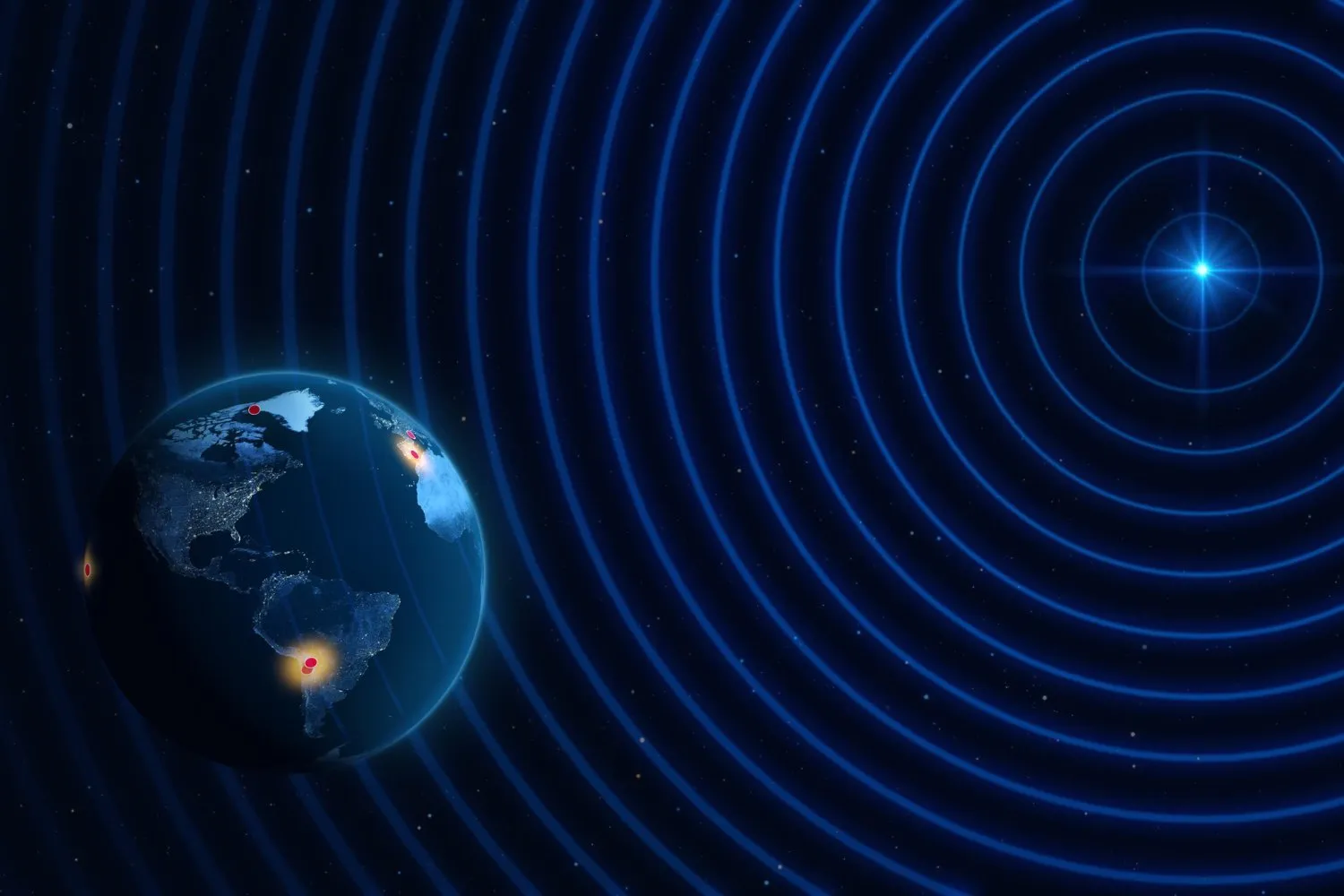Exploring Black Holes and the Event Horizon Through Radio Astronomy

Black Holes and Their Mysteries
Black holes are among the most enigmatic entities in the cosmos. Their strong gravitational pull affects the fabric of space-time, creating phenomena that challenge our understanding of physics. As we push the limits of technology, radio astronomy provides a unique window into these celestial giants.
The Event Horizon: A Fundamental Concept
The event horizon is a boundary surrounding a black hole beyond which nothing can escape, including light. Studying this region is essential for unraveling the complexities of black holes. Radio telescopes are instrumental in this pursuit, providing invaluable data.
- Radio astronomy techniques allow astronomers to observe black holes indirectly through the radiation emitted by surrounding matter.
- The Event Horizon Telescope has already made significant strides in capturing the first images of black holes.
- Ongoing advancements in radio telescope technology will enhance our observation capabilities.
Future of Black Hole Studies
As technology evolves, we can anticipate sharper images and deeper insights into the nature of black holes. This evolution will fundamentally change our understanding of the universe. The next-generation radio telescopes are expected to propel black hole astronomy into a new age.
This article was prepared using information from open sources in accordance with the principles of Ethical Policy. The editorial team is not responsible for absolute accuracy, as it relies on data from the sources referenced.